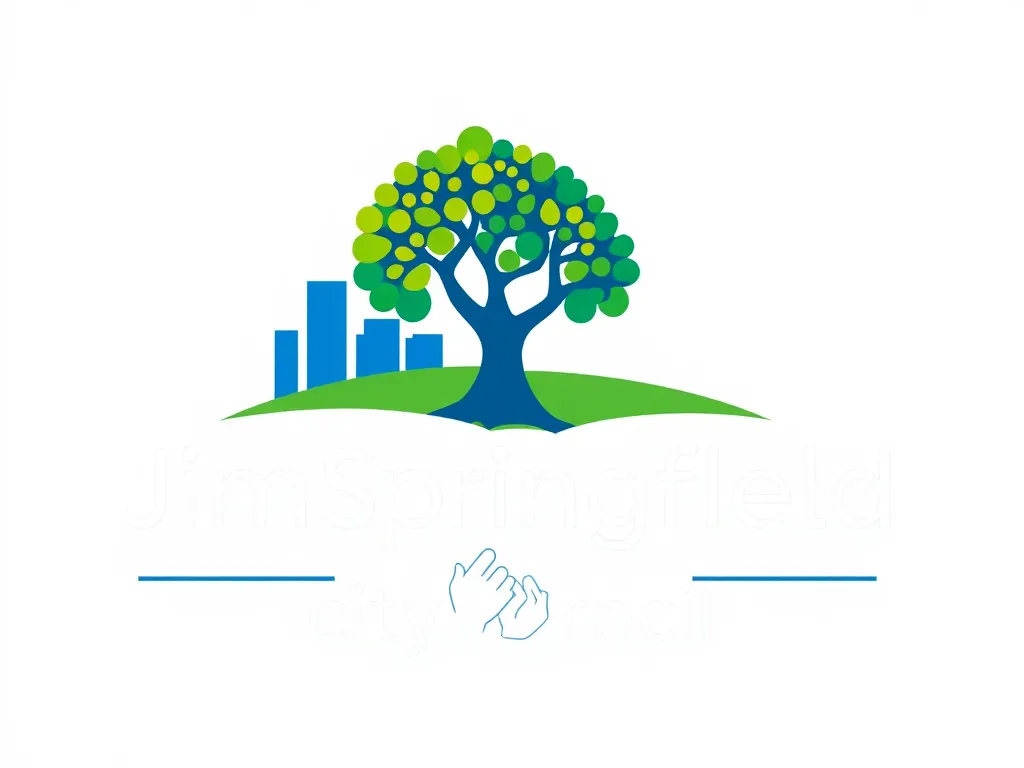Effective Strategies for Overcoming Opioid Addiction in Jacksonville

Understanding Opioid Addiction: A Growing Concern
Opioid addiction is a chronic, relapsing disorder characterized by compulsive drug seeking and use. The opioid crisis has emerged as a significant public health issue in the United States, leading to devastating consequences for individuals, families, and communities. With the increasing availability of prescription opioids and illicit drugs, many individuals find themselves grappling with opioid addiction, often unaware of the risks involved.
The roots of opioid addiction can be traced back to the prescription of opioid-based pain relievers for legitimate medical needs. However, the addictive nature of these substances has led to widespread misuse and dependence. Opioid addiction not only affects physical health but also has profound psychological and social implications, including increased rates of depression, anxiety, and strained relationships.
Recognizing opioid addiction is crucial for timely intervention. Common signs of addiction include frequent mood swings, changes in social circles, neglecting responsibilities, and engaging in risky behaviors. Individuals suffering from opioid addiction may also exhibit withdrawal symptoms, such as severe cravings, nausea, and sleep disturbances when they attempt to stop using the drug.
Treatment for opioid addiction typically involves a combination of medication, counseling, and support services. The multi-faceted nature of the disorder necessitates an integrated approach to recovery that addresses both physical dependence and psychological issues. Successful outcomes depend on the individual’s motivation, the severity of addiction, and the availability of resources.
Understanding the complexities of addiction treatment is crucial, as emphasized by insights from Harvard Health Publishing.
In Jacksonville, various treatment options and community resources exist to support individuals battling opioid addiction. Understanding these options can empower affected individuals and their families to seek the help they need.
Treatment Options for Opioid Addiction in Jacksonville
Medication-Assisted Treatment (MAT) programs are available in Jacksonville, combining medications such as methadone or buprenorphine with counseling and behavioral therapies. MAT has proven to be effective in reducing cravings and withdrawal symptoms, allowing individuals to focus on their recovery process.
Behavioral therapy services are another crucial component in the treatment landscape for opioid addiction. These therapies help patients modify their attitudes and behaviors related to drug use and develop coping strategies that promote a sober lifestyle. Evidence-based therapies such as Cognitive Behavioral Therapy (CBT) and Motivational Interviewing (MI) are commonly used.
Counseling and support groups provide ongoing encouragement and accountability during recovery. Programs like Narcotics Anonymous (NA) and SMART Recovery offer emotional support and practical advice from peers who have faced similar challenges. These resources are vital for building a strong foundation for long-term sobriety.
When it comes to treatment settings, individuals have the option of inpatient vs outpatient treatment. Inpatient programs offer intensive, round-the-clock care and are typically recommended for those with severe addiction. Conversely, outpatient programs provide flexibility, allowing individuals to maintain their daily responsibilities while receiving treatment.
Holistic approaches to addiction recovery in Jacksonville include yoga, meditation, and nutritional counseling. These methods complement traditional treatments by addressing the whole person—mind, body, and spirit. Incorporating these practices can enhance the overall effectiveness of recovery efforts.
Community Resources for Overcoming Addiction
Local support groups and meetings play a vital role in providing comfort and understanding to individuals experiencing opioid addiction. Community-based organizations often host regular meetings, fostering a sense of connection and accountability among participants.
Non-profit organizations in Jacksonville, such as the Florida Council on Compulsive Gambling, offer various resources and assistance for those struggling with addiction. These organizations often provide educational materials, counseling services, and financial assistance for treatment.
Rehabilitation facilities in Jacksonville cater to individuals with diverse needs, offering tailored programs to address different levels of addiction severity. These facilities typically provide comprehensive care, including medical assistance and therapeutic support.
Emergency services for overdose are critical in Jacksonville, where opioid overdoses can be life-threatening. Community programs often equip individuals and families with naloxone, an opioid overdose reversal drug, empowering them to respond quickly in emergency situations.
Community awareness and education programs are essential for combating the stigma associated with opioid addiction. By fostering open dialogues about addiction, these initiatives aim to educate the public about the risks of opioid use and the importance of seeking help.
Preventing Opioid Addiction in Jacksonville
Prescription medication safety tips are vital for reducing the risk of opioid addiction. Educating individuals on properly storing and disposing of prescription pain relievers can help prevent misuse in the home. Families should be encouraged to have open conversations about the safe use of medications.
Education on opioid risks is essential for the community. Schools, healthcare providers, and community organizations must collaborate to ensure that individuals are aware of the dangers associated with opioid use and the potential for addiction.
Youth prevention programs in Jacksonville target adolescents and young adults, educating them on substance use risks and promoting healthy lifestyle choices. These initiatives often involve peer-led programs, workshops, and community events.
Healthcare providers play a pivotal role in preventing opioid addiction by evaluating patients' needs and prescribing medications responsibly. Increased training among prescribers can lead to better assessment of patients and reduce the likelihood of addiction development.
Community engagement initiatives encourage local residents to participate in dialogues surrounding opioid addiction prevention. By fostering a culture of support and awareness, these initiatives aim to cultivate healthy communities less vulnerable to addiction issues.
Success Stories of Recovery in Jacksonville
Personal experiences from local individuals who have overcome opioid addiction serve as powerful testimony to the resilience of the human spirit. These stories often inspire hope in others facing similar challenges, reminding them that recovery is achievable.
Interviews with rehab center alumni highlight the various paths to recovery, showcasing the transformative impact of treatment programs. Many alumni go on to become mentors, guiding others through their recovery journey.
The impact of community support on recovery cannot be overstated. Many individuals cite their networks of friends, family, and support groups as pivotal to their successful recovery journeys, emphasizing the importance of a robust support system.
Family involvement in addiction recovery is crucial, as supportive family dynamics can significantly enhance an individual's chances of lasting recovery. Programs that include family therapy help mend relationships disrupted by addiction, fostering a healing environment.
Case studies of successful programs within Jacksonville illustrate effective strategies for combating opioid addiction. These programs, built on evidence-based practices, showcase innovative approaches tailored to meet the unique needs of individuals in the community.
Legal and Policy Aspects of Opioid Addiction
An overview of local laws and regulations surrounding opioid prescriptions is essential for understanding the legal framework that governs opioid use in Jacksonville. By promoting responsible prescribing practices, these regulations aim to curb addiction rates.
The impact of policy changes on treatment access is a critical discussion point. Recent initiatives aimed at expanding insurance coverage for addiction treatment signify a positive shift toward improving access for those seeking help.
The role of the judiciary in addiction recovery includes overseeing legal cases related to substance use and implementing programs that focus on rehabilitation rather than punishment. These approaches benefit individuals seeking a second chance after overcoming addiction.
Advocacy for better resources is a crucial aspect of addressing the opioid crisis. Grassroots movements and local organizations push for increased funding and support for treatment programs, rehabilitation facilities, and prevention initiatives.
Understanding insurance coverage for treatment is essential for individuals seeking help. Awareness of available coverage options can ease the financial burden of addiction treatment, enabling more individuals to access the care they need.
